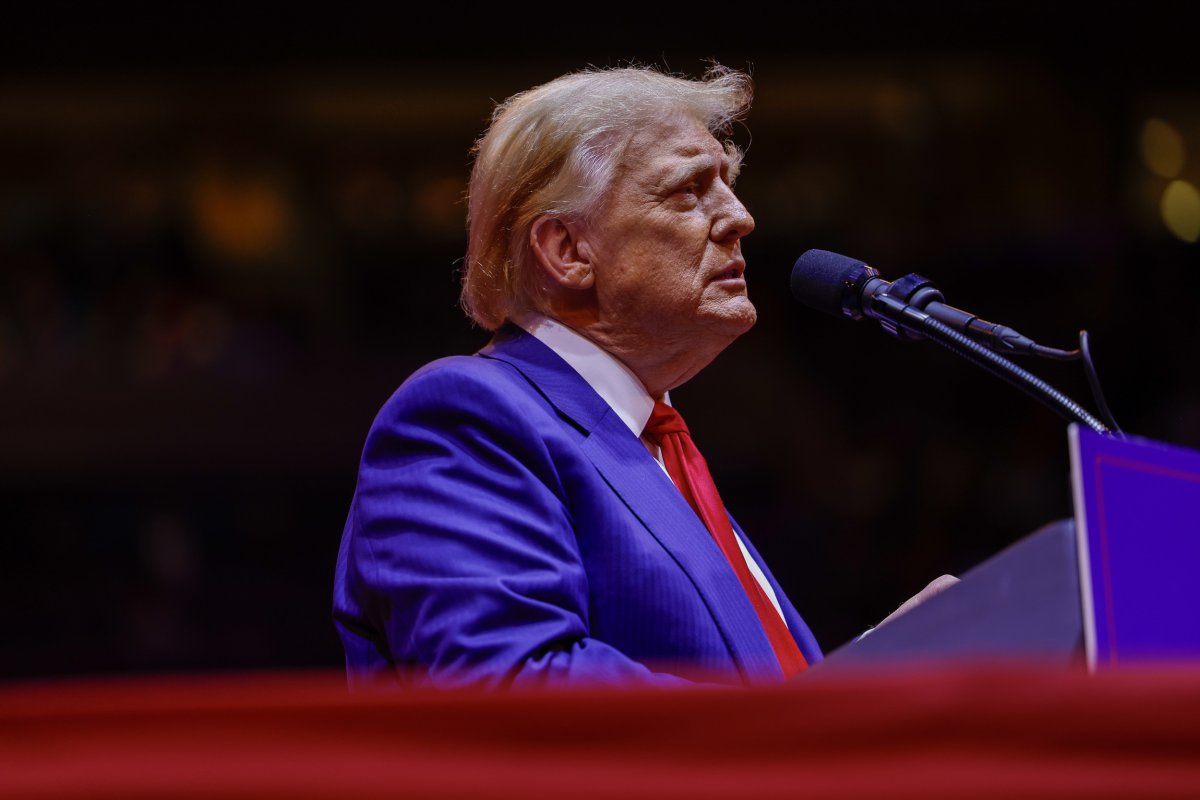Bill Gates, a longtime advocate for global health initiatives and vaccine distribution, has sparked controversy by suggesting that artificial intelligence (AI) could be used to monitor and censor individuals questioning vaccines.
In a recent interview with CNBC, Gates discussed the “threat” posed by what he labeled “anti-vaxxers” and suggested employing AI for “real-time” censorship to combat “vaccine hesitancy.”
Gates stated, “We should have free speech, but if you’re inciting violence or causing people not to take vaccines, where are those boundaries?” He linked vaccine hesitancy to public safety concerns, asserting that questioning vaccines could equate to “inciting violence.”
Critics argue that Gates’ stance crosses into censorship. A report from Slay News claimed Gates seeks to conflate concerns over vaccines with public threats, advocating for suppressing dissent through AI.
The debate over vaccine efficacy and safety has intensified following reports of adverse side effects, including fatalities, linked to COVID-19 vaccines. These incidents, combined with widespread mandates during the pandemic, have fueled skepticism and criticism of vaccine programs globally.
Gates’ advocacy for widespread vaccination aligns with his business investments in vaccine technologies. His support for mRNA vaccines, which have reportedly caused harm to tens of thousands, has drawn scrutiny. Additionally, critics highlight Gates’ broader globalist initiatives, such as promoting plant-based diets, consuming insects, and experimenting with climate interventions like solar dimming.
Detractors warn that using AI to combat vaccine hesitancy could suppress testimonials from vaccine-injured individuals, eroding informed consent and free speech. “This form of censorship is really just the suppression of vaccine injury testimonials and the abolition of informed consent,” Slay News stated.
The discussion has reignited debates about the boundaries of free speech in the face of public health crises and the role of private individuals like Gates in shaping global health policies.
Content created by the WND News Center is available for re-publication without charge to eligible news outlets. For more information, contact [email protected].
 Telegram is where we really talk. Don't miss out!
Telegram is where we really talk. Don't miss out!







